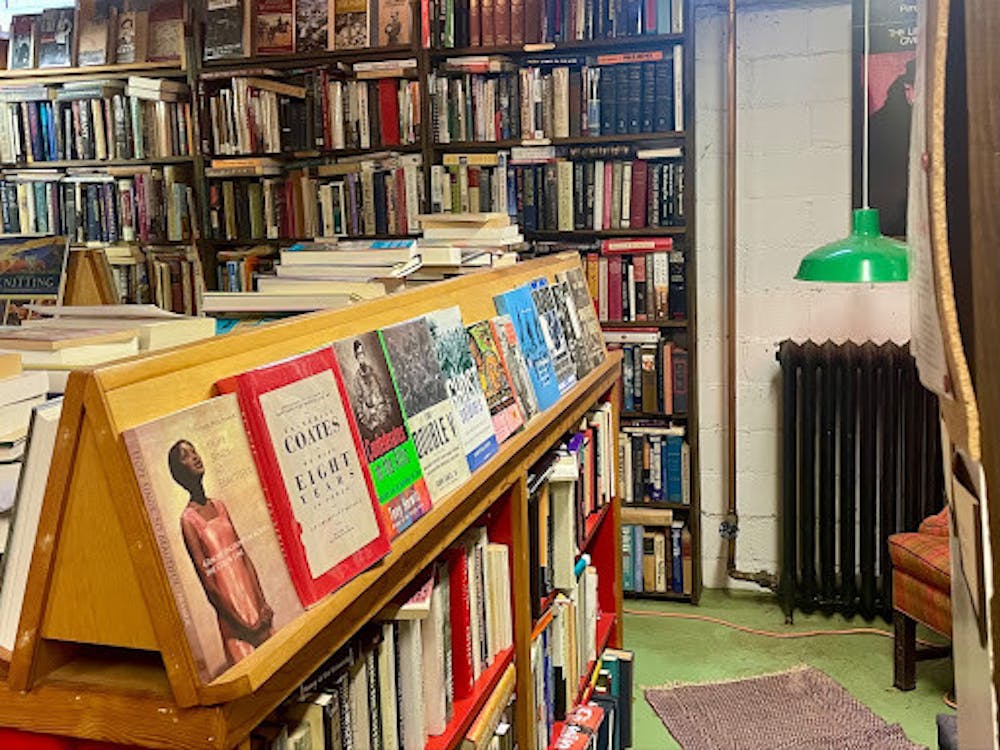On Tuesday evening, Saint Mary’s College hosted Leah A. Milne for a talk on the connection between literature and empathy. Her lecture, “Mirrors & Windows: Reading For and Beyond Empathy,” explored the role of reading in fostering interpersonal skills.
Milne, an associate professor of multicultural American literature at the University of Indianapolis, teaches courses in multiethnic literature and is a member of the Indiana Humanities Advancing Racial Equity Speakers Bureau.
Milne began her discussion by calling attention to the role of books as mirrors and windows, particularly in relation to childhood development.
“Books are sometimes windows, offering use of worlds that may be real or imagined, familiar or strange, and they give us this insight into worlds,” Milne said, “but when lighting conditions are just right, however, a window can also be a mirror. Literature transforms human experience and reflects it back to us.”
Milne places importance on the lack of children's books written by people of color.
“We're thinking about how much work somebody has to put in in order to find mirrors in their books,” she said. “When children have trouble finding themselves reflected in literature, they are less likely to connect with the text.”
The issue of representation follows into adulthood, with only 11% of all books published in 2018 being written by people of color.
“If we're thinking about this in terms of access, that means that you would have to work that much harder to find those books,” Milne said.
To foster empathy through reading, Milne emphasized the importance of access to diverse stories. She defined empathy as a way of reading people, situations and texts but stressed that developing empathy is an ongoing effort.
“We can't just say, I'm going to read a book and then I'm going to understand this entire culture,” she said.
Milne outlined a four-step process for practicing empathy: taking on another's perspective, refraining from judgment, recognizing emotions and communicating understanding.
“First, take on another's perspective … from here, you have to not judge or assume,” she said, “then, you recognize and understand emotions and feelings and finally, communicate understanding.”
However, she warned that empathy alone is insufficient for moral action.
“Empathy feels like you've done something when all you've done is just sit there and think about it,” she said.
Milne described how creating a routine of empathy is not a straightforward task.
“We can't just say, ‘I'm going to read a book and then I'm going to understand this entire culture, and then I'm good right,’” she said.
She then describes that empathy cannot replace first-hand experience, action or logic.
Milne acknowledges that though empathy is a crucial skill, it is only one part of the development of interpersonal skills.
“Emotional empathy is often beside the point for moral action. You don’t have to feel the suffocation … to save someone,” she said.
Milne suggested that in order to read mindfully for empathy, readers should seek material that focuses on topics that are different from their personal experiences.
“Learning often requires discomfort,” she said.










